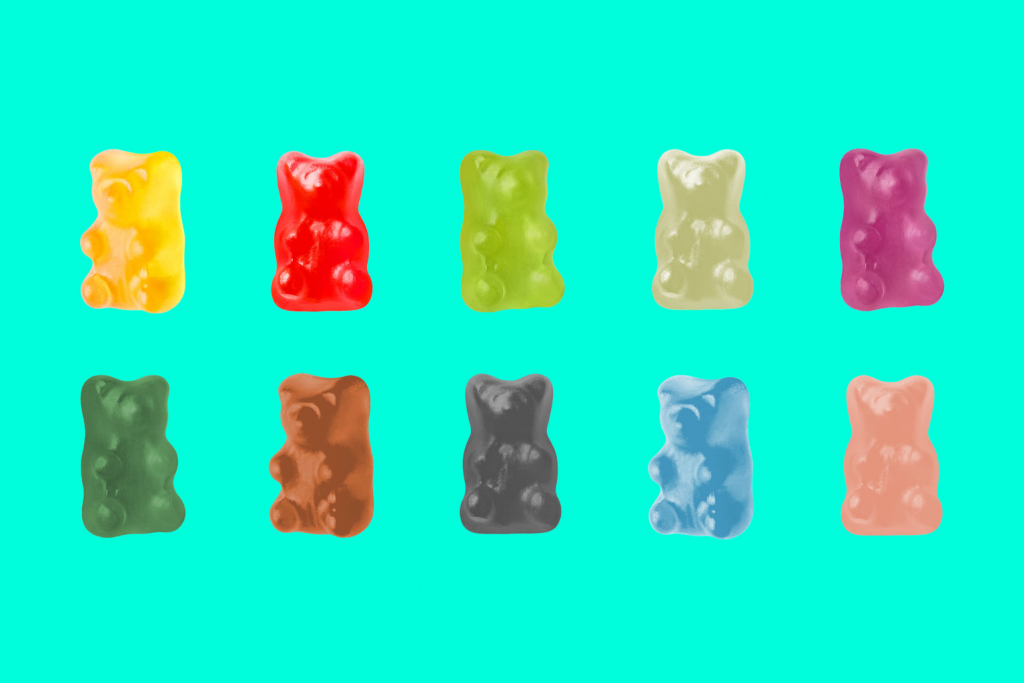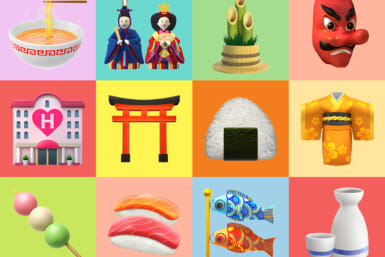We are all different, we are all equal. It’s more important than ever to remember this as we mobilize the fight against racism, discrimination, xenophobia, antisemitism and intolerance. Having diverse perspectives and voices is vital to progressing as a society and junin-toiro — literally 10 people, 10 colors — is a handy reminder that we all have different personalities, ways of thinking and come from different backgrounds.
Junin-toiro (十人十色)
Meaning: Different people like different things, everyone has their own ideas and tastes, different strokes for different folks, several men means several minds.
Literal translation and kanji breakdown: Junin (ten people; 十人) and toiro (ten colors; 十色) band together to give us “ten people, ten colors.” Literally, it means that if you have a group of 10 people, chances are you’ll have 10 different ideas or approaches. It’s worth noting that, as is often the case with idioms, the number 10 doesn’t actually mean ten. Instead, it represents many of something.
Junin-toiro: The Origins
There isn’t much information on this expression’s origins. One of its first appearances is in Natsume Soseki’s 1906 satirical novel I am a Cat, where a feline narrator describes the lives of a middle-class Japanese family during the Meiji Period. In chapter two, the cat advises his human readers to take note that though cats may look the same to a casual observer, they are, in fact, unique individuals.
Junin-toiro: Related Expressions
人それぞれ Hito sorezore People have different interests and likes, to each his own
蓼食う虫も好き好き Tade kuu mushi mo suki zuki Some prefer nettles, there’s no accounting for taste
各人各様 Kakujin-kakuyou People doing something in their own way
多種多様 Tashutayo A great diversity, a variety
千差万別 Sensabanbetsu An infinite variety of something, extremely varied and diverse
三者三様 Sansha-sanyou Each of the three having their own way
百人百様 Hyakunin-hyakuyou To each one’s own, it takes all sorts to make a world
異口同音 Ikudouon (antonym) One voice, unanimously
Using “junin-toiro” in a sentence
While people do use junin-toiro in conversation, it’s more common and easier to use hito sorezore (everyone is different; 人それぞれ), hito ni yoru (it depends on the person; 人による) or sono hito shidai (it depends on the person; その人次第) when talking about personal preferences.
リモートワークの時代になってから働き方も十人十色だ。Remote work no jidai ni natte kara hatarakikata mo junin-toiro da. Since we’ve entered the age of remote work, everyone has their own working style.
下北沢を歩いていると、みんな個性的なスタイルで十人十色の服装だった。Shimokitazawa wo aruiteiru to, minna koseitekina sutairu de junin-toiro no fukusou datta. Walking around Shimokitazawa, everyone I saw showed their own unique style through their outfits.
人の好みは十人十色、多くの人に人気のある店が、必ずしも彼女の気に入るとは限らない。Hito no Konomi wa junin-toiro, ooku no hito ni ninki no aru mise ga, kanarazu shi mo kanojo no kini iru to wa kagiranai. People have their own preferences, so a restaurant that’s really popular isn’t necessarily to her liking.
Want more? Follow our weekly Yojijukugo Japanese Idiom series, published every Friday. Learn the meaning of “inga-ouhou” here, “gekkahyoujin” here and “kachoufugetsu” here.









